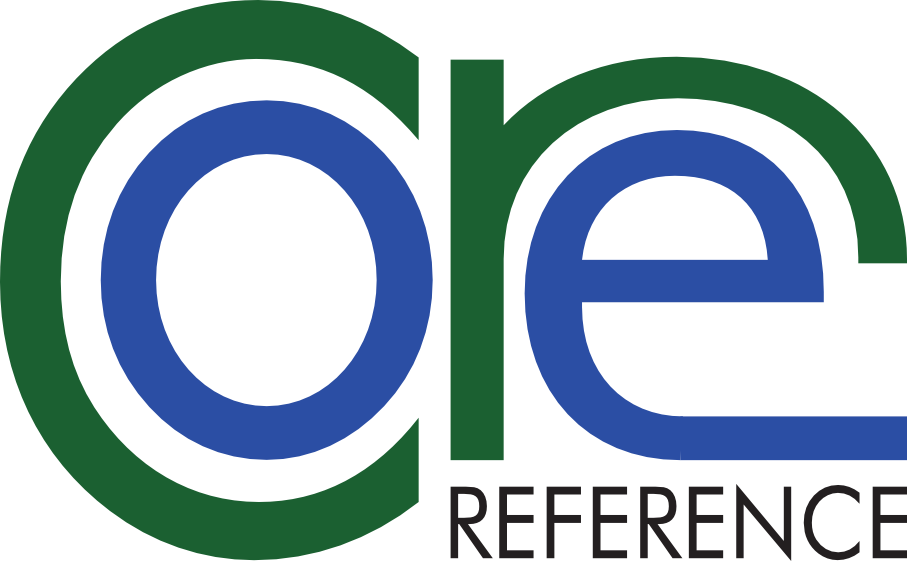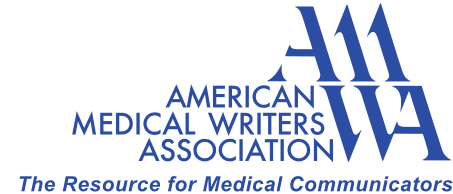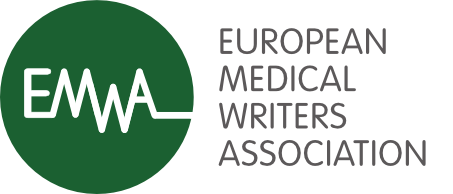February 2020
1 - EMA's approach to CCI vindicated
We know that the EMA has a conservative approach to allowing Commercially Confidential Information (CCI) redactions in clinical study reports (CSRs). So when Sponsors challenged EMA decisions where their view of CCI was at odds with the view of EMA, this was bound to require judicial review...
The Court of Justice of the EU recently ruled that the EMA acted lawfully when it released certain toxicology reports and a CSR from two sponsors that wanted to keep that information confidential. Read the RAPS report on the case here. Read the EMA Press Release here.
So the take-home message is... if you don't want it published, don't put it in the CSR in the first place! Too often, inexperienced Sponsors want everything including the kitchen sink in the CSR. This ruling is the perfect illustration of how a medical writer with good subject matter expertise can advise Sponsors in what should be included in the regulatory review version CSR. Of course, this is well explained in downloadable CORE Reference.
It's also exciting to report that CORE Reference downloads are now well past the 25 000 mark. Thank you for your ongoing support!
2 - Replica Analytics: Webinar resources on de-identification
Resources from the Replica Analytics’ webinar titled Ten Things I Have Learned About De-identification are now available, including the additional documents mentioned during the webinar, and some additional information about upcoming events that may be of interest as follows:
- Webinar Slides
- YouTube recording available from YouTube channel
- Previous (and future) events and articles posted in this knowledgebase
Replica Analytics’ next webinar is also a retrospective look at the monetization of health data entitled Ten Things I Have Learned About Health Data Monetization. This looks at the approaches used to commercialize health data, what works, and what doesn't. It will be held on 12th February at 11am EST. You can register for that event here.
It may be of interest to know that the above information comes to us from Khaled El Emam of Replica Analytics and the CHEO Research Institute via Raquel Billiones. Thank you to both.
3 - Resources to support medical writers in their daily work
Niche Science and Technology’s Resource Centre includes some excellent resources to help medical writers in their daily work. The whole archive is worth a look, but a couple of 'Insider's Guides' grabbed my attention. These are on the Investigator’s Brochure and the CSR. The latter includes acknowledgement of CORE Reference as a valuable resource for authoring CSRs - and also describes the processes contributing to effective CSR authoring.
4 - TransCelerate release December 2019 CSR template:
In August 2019, the CORE Reference development team (Budapest Working Group, BWG) published a paper titled: Critical review of the TransCelerate Template for clinical study reports (CSRs) and publication of Version 2 of the CORE Reference (Clarity and Openness in Reporting: E3-based) Terminology Table. Our paper includes a detailed assessment of TransCelerate's November 18 CSR template in the form of an 'Additional File' comprising a 44-page replica of their template marked up with our 69 consolidated comments.
In December 2019, TransCelerate released updated versions of their CSR template and SAP template (referred to as 'assets'). These new resources reside at a new page location (this relocation of assets has taken place since the publication of our paper). To download the assets, you need to complete an online form.
The December 2019 TransCelerate CSR template is supported by a slide deck titled 'Summary of Changes in 2019 Release'. This 40-slide deck includes a rationale for each change. From Slide 25 or thereabouts, the rationale for change frequently includes 'Feedback from CORE review' or 'CORE feedback'. TransCelerate notes that this new release brings their template into “alignment with CORE”; however, there are no specifics provided as to how comprehensively the CORE feedback was addressed and incorporated.
TransCelerate have not made any contact with the BWG. The BWG have not reviewed the December 2019 CSR template.
5 - PHUSE Survey on Data Sharing
PHUSE has prepared a survey to understand the current state of common practices used to meet global Clinical Trial Transparency (CTT) delivery across sponsors and companies that support sponsors in the delivery of several CTT activities. This survey covers 4 key areas within CTT:
- External Data Sharing of individual patient level data
- Internal Data Sharing within sponsor companies of individual patient level data
- Clinical Document Sharing i n support of such policies as EMA Policy 0070 and Health Canada's PRCI processes
- Trial Result Summaries (also referred to as Plain Language Summaries and Lay Language Summaries)
To effectively analyse results, PHUSE are seeking a single response per company. Please work within your company to provide a response to this survey by February 21st, 2020. Access the survey here.
PHUSE will pool the survey responses and share an anonymised response back through an organised webinar and then through a written review. The results may very well drive a wide ranging discussion at this year's PHUSE CSS Event (Silver Spring June 7-9th, 2020). Please note: No input will be attributed to any one person or company.
PHUSE Clinical Trial Transparency project members, Stephen Bamford and Julie Holtzople, appreciate your contribution to understanding the current state of Clinical Trial Transparency delivery by sponsors globally!
5 - UK MHRA Updated Guidance on Regulating Medicines: Transition Period
The UK is in the ‘Transition Period’ for leaving the European Union as of 31 January 2020. The MHRA ‘No Deal Brexit’ Guidance of 03 September 2019 has been withdrawn. The current available guidance for medical devices and clinical trials is posted on the MHRA’s Services and Information page. This page lists the latest documents and includes a link to subscribe to MHRA email alerts.
6 - Update to UK Medicines Regulatory Framework
Two weeks after Brexit, the UK government has introduced a Bill to update its regulatory framework for human and veterinary medicines, clinical trials and medical devices, while ensuring the UK remains an attractive market for the life sciences industry. The Bill was read for the first time in the House of Commons on 13 Feb 2020 and is scheduled for a second reading on 2 March. [Credit to Michael Mezher and Regulatory Focus for this information].
Here are the Notification, the Explanatory Note to read alongside the Bill, and the accompanying uk.gov news story.
7 - Public Disclosure of Information Via EMA's Pharmacovigilance System
European Medicines Agency (EMA) is now publishing all safety communications sent directly to health professionals by marketing authorization holders (MAHs) and competent authorities on its website. In the EU and European Economic Area, direct health care professional communications (DHPCs) are used to convey important safety information about medicines either by MAHs or competent authorities, such as the suspension or withdrawal of a medicine for safety reasons, a change in product information or a supply shortage. EMA will now publish all DHPCs that are agreed upon by the agency’s Pharmacovigilance Risk Assessment Committee (PRAC), Committee for Medicinal Products for Human Use (CHMP) and the Coordination Group for Mutual Recognition and Decentralised Procedures – Human (CMDh) “at the time of national dissemination.” [Credit to Michael Mezher and Regulatory Focus for this information].
8 - White Paper - Preparing CSRs for external sharing
At a recent CBI Clinical Data Disclosure, Transparency & Plain Language Summaries event: Sharing to Power Innovation, d-wise thought leader Cathal Gallagher (EMA TAG member) outlined the necessary steps for internal and external sharing in his presentation and white paper, Preparing CSRs for external sharing. This excellent summary gets to the nub of why industry need to better support medical writers with CSR proactive anonymisation
I am also delighted to tell you that in the June 2020 issue of Medical Writing Journal, we will publish my Q&A with Cathal.
9 - Reidentification risk from a disclosed CSR – El Emam Publication
This article by Branson and colleagues (last author Khaled El Emam) is an empirical assessment of a clinical study report (CSR) that was anonymized according to the EMA Policy 0070 guidelines. It is an illustration of how a motivated intruder test can be applied in practice to clinical trial data.
My take on this: Interestingly, the authors performed the assessment on a CSR that was anonymised using quantitative – not qualitative - methods. The results provide confidence that the quantitative methods were sufficiently robust to protect the anonymity of individuals. This supports the imperative that, as an industry, we need to move towards these objective quantitative methods and away from the more subjective qualitative methods that many MWs are expected to apply to the CSRs that we write.


